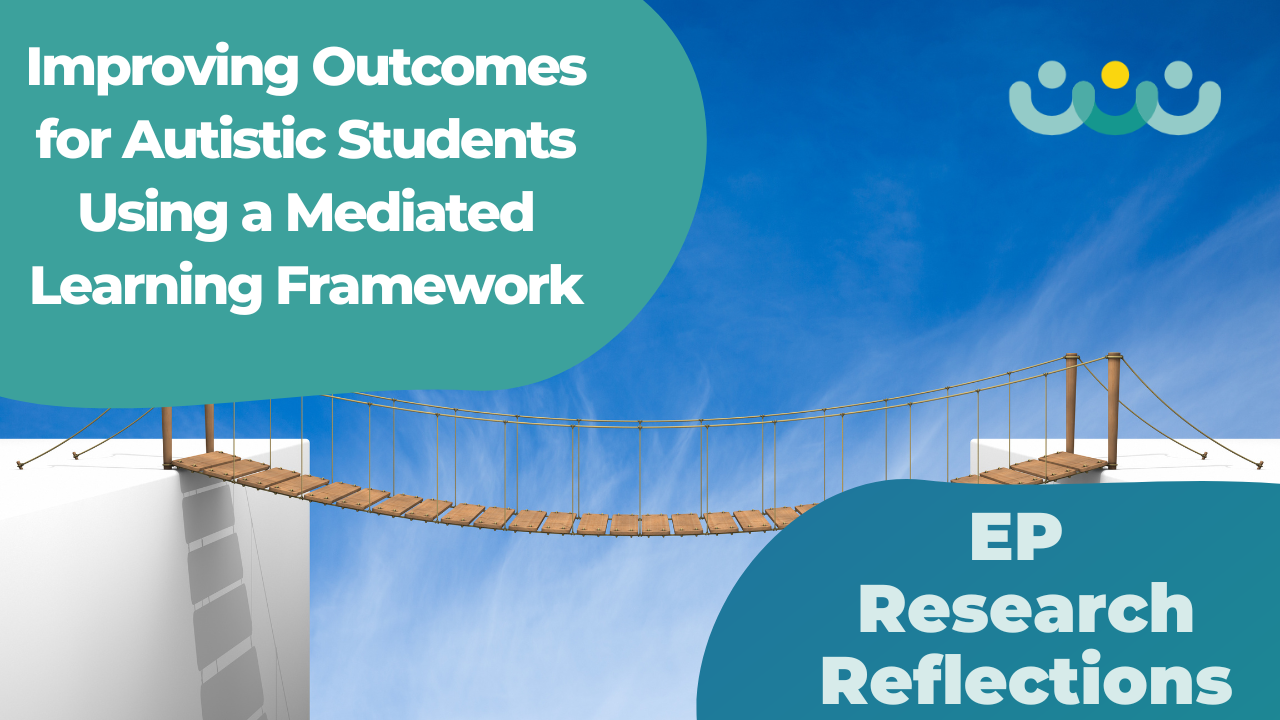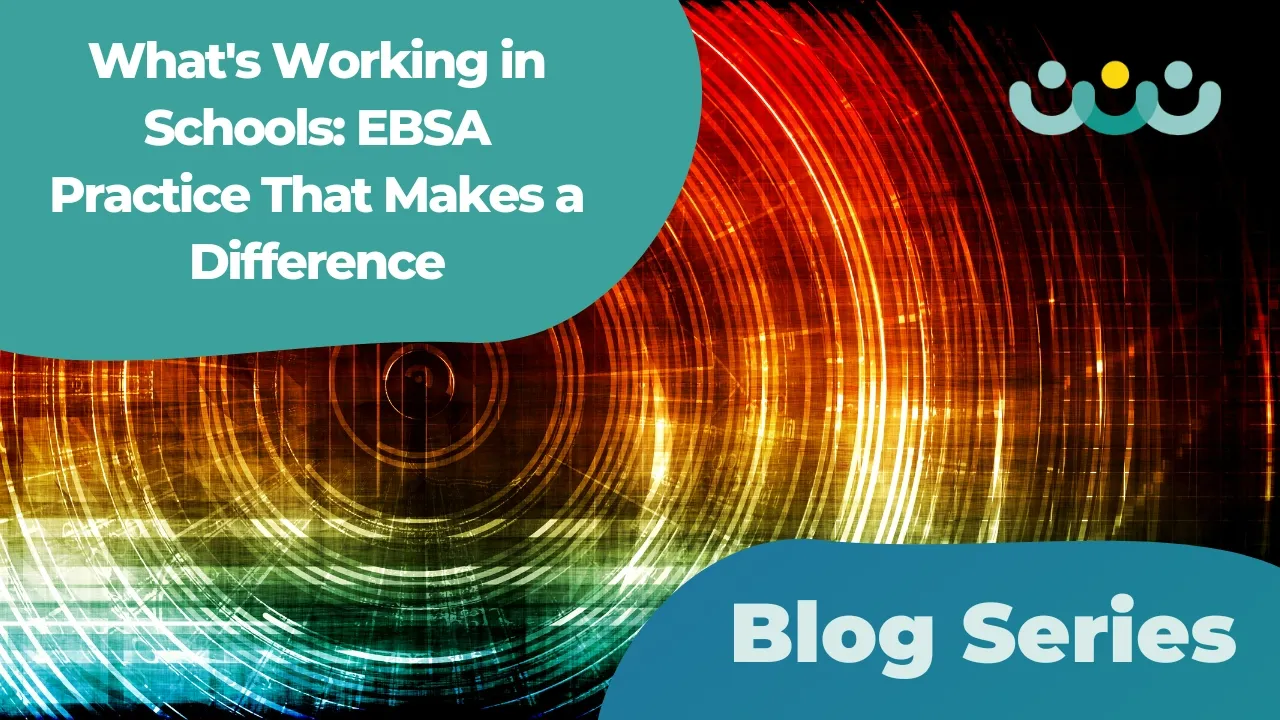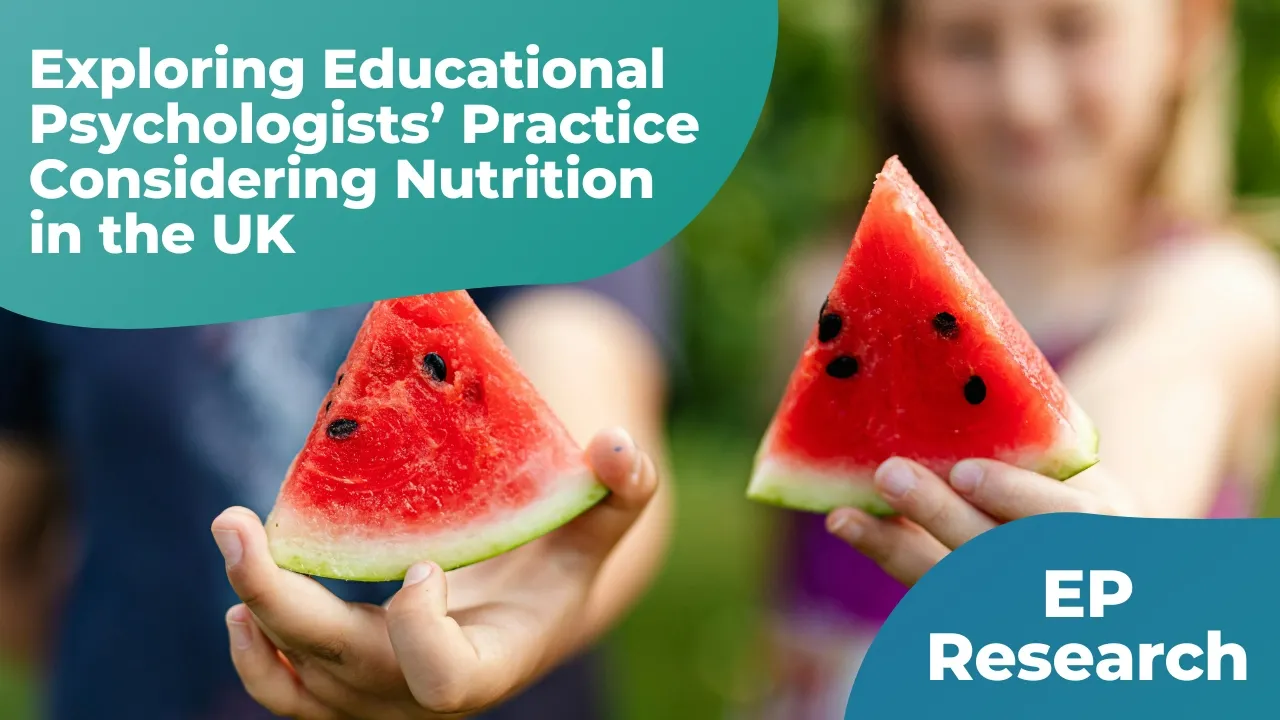In this blog, Dr Helen Finnegan shares findings from her doctoral research, which examined how teachers’ use of mediated learning strategies in specialised autism classes can support better student outcomes. While my research is set within the context of the Irish education system, the challenges fa...
This is the second blog in our series exploring barriers to education. In the first blog, Shannon Hatton-Corcoran and Rachel Lyons introduced the WARMTH framework - six foundations to reduce barriers to education, recognising that declining attendance is a symptom of unmet need requiring compassiona...
Written by Shannon Hatton-Corcoran (Trafford Educational Psychology Service) & Rachel Lyons (Salford Educational Psychology Service)
Overview
Barriers to Education: a compassionate and proactive approach that is for ALL young people. It recognises that declining attendance is the result of barrier...
EP or TEP? Let’s Talk Nutrition!
Project focus: To explore (Trainee) Educational Psychologists’ understanding of and experience with nutrition. To explore (Trainee) Educational Psychologists’ views on incorporating nutrition in their work and future practice.
Nutrition
Maslow’s hierarchy (1943) s...
By Dr Natalie Carpenter, Hertfordshire Educational Psychology Service
RSHE for learners identified with SEND was the last topic I thought I would be passionate about and spend years of my life researching and pontificating its importance and value. However, a request for my involvement as an assist...
For many children and young people, attending school can feel overwhelming. What might seem like simple daily routines - getting dressed, travelling to school, entering a busy classroom - can require significant emotional and sensory energy. Without understanding these experiences from the child's p...








